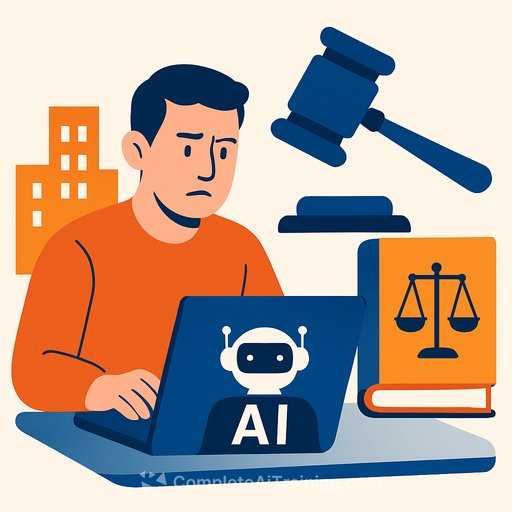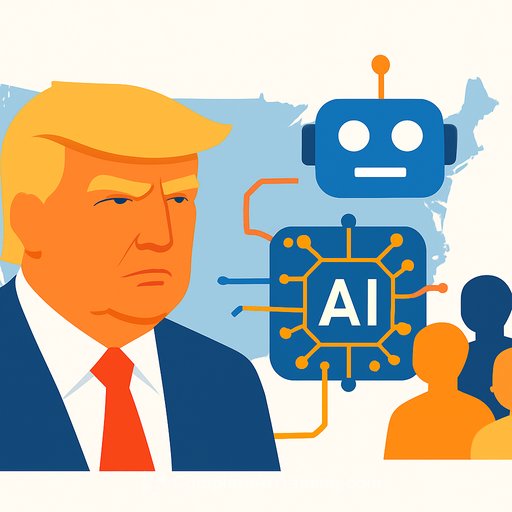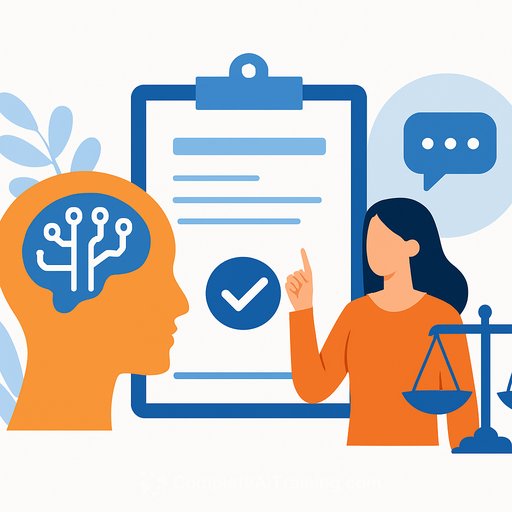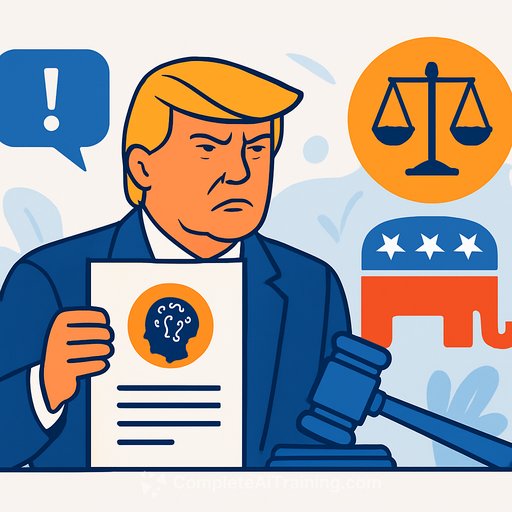Staten Island Man Uses AI as Legal Defense in Lawsuit Against Former Employer
Richard Hoffmann, 42, of Annadale, is representing himself in a civil lawsuit against his former employer, Fenix Capital Funding, LLC, by using artificial intelligence as his legal counsel. Hoffmann has employed AI tools to plan and draft his legal arguments, describing his approach as a “checkmate” in the ongoing dispute.
Hoffmann filed multiple court documents last week, utilizing three AI applications—Gemini, ChatGPT, and Grok—to prepare his case. He claims that the AI helped him simulate all possible legal moves, significantly speeding up research and drafting processes that would otherwise take months with traditional attorneys.
The Lawsuit Details
The suit centers on a motion by Fenix Capital Funding seeking a restraining order against Hoffmann. The company alleges that after terminating Hoffmann’s independent contractor agreement, he made defamatory statements to staff and business contacts. Fenix accuses Hoffmann of launching a “malicious smear campaign,” spreading falsehoods about an alleged criminal investigation into the company.
Fenix, represented by Brooklyn attorney Maksim Leyvi, contends Hoffmann failed to secure clients or leads during his six weeks with the company. Hoffmann counters in court documents that Fenix is misclassifying workers as independent contractors rather than full-time employees, which he alleges is illegal.
AI’s Role in Legal Strategy
Hoffmann used Gemini to map out potential legal strategies based on the claims from both sides. According to a screenshot he shared, Gemini’s analysis suggested that Hoffmann stands to win regardless of the outcome, noting he has already caused damage to the company and may become a catalyst for industry change.
ChatGPT was employed to draft legal documents with appropriate legal language and formatting. Hoffmann described the AI-generated papers as indistinguishable from those prepared by lawyers, helping him file responses, exhibits, and motions.
Hoffmann expressed confidence in his AI-driven approach, calling his upcoming court date “D-Day,” and claiming his legal strategy is a “legal thermonuclear device” intended to challenge not just his opponents but potentially the wider U.S. legal profession. He clarified this was a metaphor, not a threat.
Courtroom and Procedural Challenges
Despite Hoffmann’s enthusiasm, Judge Lizette Colon raised procedural concerns. She noted that Hoffmann had not properly notified the court about representing himself (pro se), which would have allowed him access to resources for self-represented litigants. Additionally, the court adjourned the hearing because Hoffmann submitted large amounts of paperwork on the morning of the hearing, requiring reformatting and resubmission.
The court clerk instructed Hoffmann to separate and correctly label his motions and pay the necessary filing fees for each, highlighting the importance of adhering to court procedural rules even when using AI-generated documents.
Legal Experts Weigh In on AI Use in Court
Hoffmann is not the first to use AI in legal proceedings, but experts caution against full reliance on such tools. A notable case in Texas resulted in sanctions for an attorney who submitted a motion based on fabricated case law generated by AI. These false references, known as “hallucinations,” pose risks in legal contexts.
- Yan Katsnelson, president of Staten Island Criminal Defense Attorneys, warns pro se litigants to be cautious when using AI. He advises AI as a helpful tool for understanding cases but stresses that it should not replace human oversight.
- Mark Fonte, a high-profile defense attorney, echoes the warning, noting courts have penalized lawyers and litigants for relying on unchecked AI outputs.
Katsnelson also points out that even established legal research platforms like Westlaw, which incorporate AI, may produce inaccurate information, underscoring the need for careful verification.
Looking Ahead
Hoffmann is preparing for his next court date on August 27, aiming to leverage media attention to highlight his case. He envisions using AI not only as a defense mechanism but as a platform to challenge industry practices, such as the merchant cash advance sector.
While Hoffmann’s case illustrates innovative use of AI in self-representation, it also highlights procedural hurdles and the importance of balancing AI assistance with legal expertise and compliance with court rules.
For legal professionals interested in AI tools and training, resources like Complete AI Training’s ChatGPT courses offer practical guidance on integrating AI responsibly in legal workflows.
Your membership also unlocks:






